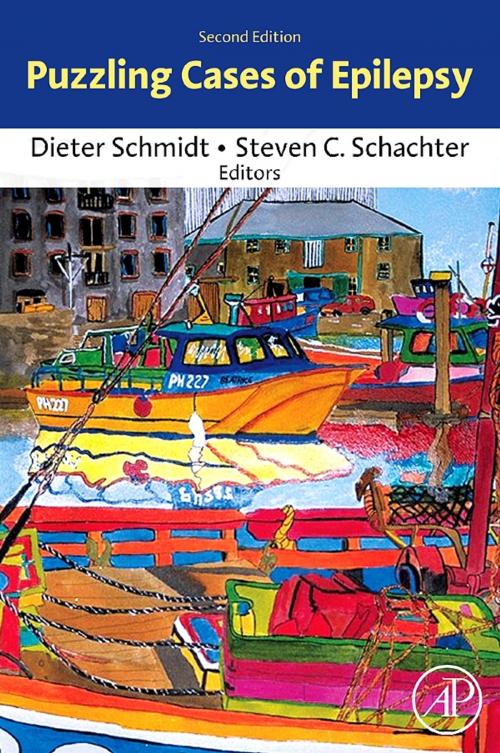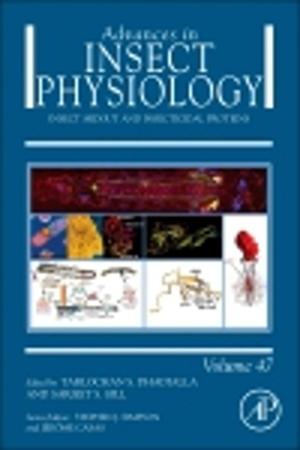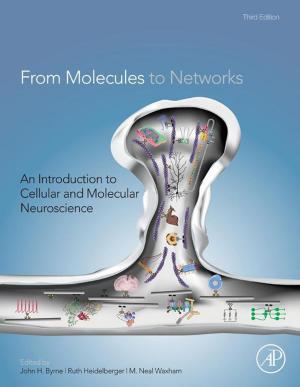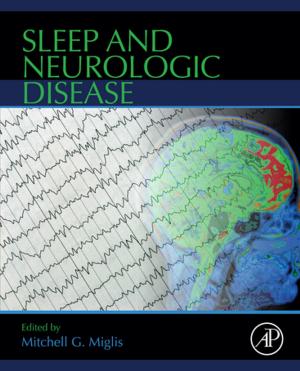Puzzling Cases of Epilepsy
Nonfiction, Health & Well Being, Medical, Specialties, Internal Medicine, Neurology, Psychology, Clinical Psychology| Author: | ISBN: | 9780080559544 | |
| Publisher: | Elsevier Science | Publication: | April 28, 2011 |
| Imprint: | Academic Press | Language: | English |
| Author: | |
| ISBN: | 9780080559544 |
| Publisher: | Elsevier Science |
| Publication: | April 28, 2011 |
| Imprint: | Academic Press |
| Language: | English |
Epilepsy is one of the most common neurological disorders, and original observations in the field are often the key to diagnosis and successful treatment. Physicians new to the field as well as seasoned practitioners will benefit from more than one hundred case vignettes that explore the universe of epilepsy as it presents in daily practice. Some of these cases challenge long-held views about epilepsy and others bring the reader to the limits of our understanding of epilepsy, both in clinical and basic science. To improve the interface of clinical and basic science in epilepsy, basic scientists comment on the potential mechanisms underlying clinical observations, and clinicians assess the potential impact of recent results of experiments in the laboratory. Puzzling Cases of Epilepsy highlights the importance that original observations have in inspiring both new treatments and continued research.
- Presents unique and challenging case vignettes in epilepsy contributed by eminent physicians in the field
- Provides practicing physicians with examples of how baffling cases were handled and solved
- A new section provides a translational perspective, with basic scientists discussing the potential mechanisms underlying original clinical observations, and clinical scientists discussing the clinical implications of experiments in the epilepsy laboratory
Epilepsy is one of the most common neurological disorders, and original observations in the field are often the key to diagnosis and successful treatment. Physicians new to the field as well as seasoned practitioners will benefit from more than one hundred case vignettes that explore the universe of epilepsy as it presents in daily practice. Some of these cases challenge long-held views about epilepsy and others bring the reader to the limits of our understanding of epilepsy, both in clinical and basic science. To improve the interface of clinical and basic science in epilepsy, basic scientists comment on the potential mechanisms underlying clinical observations, and clinicians assess the potential impact of recent results of experiments in the laboratory. Puzzling Cases of Epilepsy highlights the importance that original observations have in inspiring both new treatments and continued research.
- Presents unique and challenging case vignettes in epilepsy contributed by eminent physicians in the field
- Provides practicing physicians with examples of how baffling cases were handled and solved
- A new section provides a translational perspective, with basic scientists discussing the potential mechanisms underlying original clinical observations, and clinical scientists discussing the clinical implications of experiments in the epilepsy laboratory















